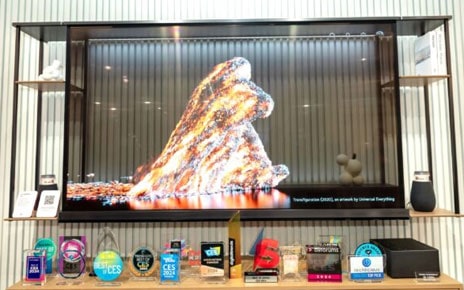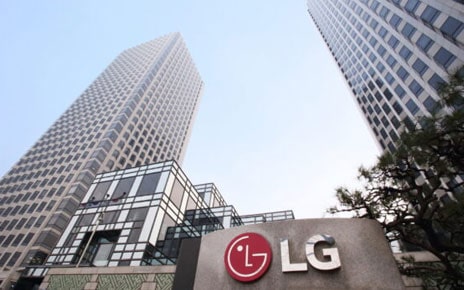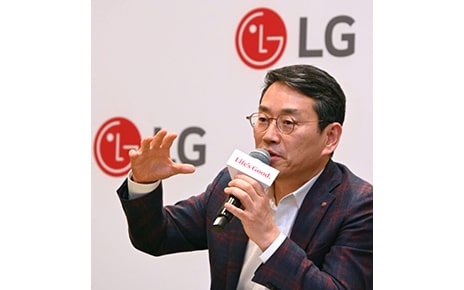We use cookies, including cookies from third parties, to enhance your user experience and the effectiveness of our marketing activities. These cookies are performance, analytics and advertising cookies, please see our Privacy and Cookie policy for further information. If you agree to all of our cookies select “Accept all” or select “Cookie Settings” to see which cookies we use and choose which ones you would like to accept.
LG ENTERS DEEPTHINQ MODE TO ADVANCE AI PRODUCTS AND SERVICES
Proprietary Deep Learning Platform to Power Product Development

LAS VEGAS, Jan. 8, 2018 — LG Electronics is developing its proprietary deep learning-based artificial intelligence technology with the rollout of its own AI development tool to all LG business divisions in line with its efforts to speed up the release of new products equipped with the latest technology.
DeepThinQ 1.0 was developed last year with the establishment of LG’s Artificial Intelligence Lab in Korea to accelerate research into AI. The platform enables easy integration of AI into a wider range of products, allowing LG product developers to apply deep-learning technologies to future products. In line with the open strategy of its recently announced AI brand ThinQ, LG products developed with DeepThinQ – from mobile devices to home appliances – will deliver a comprehensive user experience by linking a host of technologies and solutions to its state-of-the-art AI platform.
DeepThinQ 1.0 boasts AI functions such as voice, video and sensor recognition and space and human body detection, developed with data gleaned from usage habits of LG customers over the years. DeepThinQ 1.0 was designed from the ground up with openness and diversification in mind, supporting a variety of operating platforms such as Android, Linux and webOS.
And with LG ThinQ, “live and learn” takes on a whole new meaning. Products developed on the DeepThinQ platform educate themselves using cloud servers to become smarter over time. This learning feature is at the heart of DeepThinQ, allowing LG AI products to understand not only their external environments but also the behavioral patterns of their customers. For example, LG ThinQ air conditioner learns customers’ living patterns over time and cools the room automatically to the temperature preferred by the occupant. In the car, LG’s cabin monitoring technology learns the driver’s facial expressions and gestures and recognizes the moment the driver starts to get drowsy. Eventually, ThinQ will be able to automatically adjust the music, lighting or climate inside the car by learning about the passengers who most often occupy the car.
DeepThinQ is already changing the way certain products targeting the commercial and consumer sectors are designed. LG’s Airport Guide Robots at Korea’s Incheon International Airport employs sophisticated ambient noise to improve voice recognition enabling passengers to be better understood. LG’s robot vacuum cleaner learns the difference between a chair and a dog and navigates accordingly.
“DeepThinQ is the embodiment of our open philosophy – to provide the most powerful AI solutions to our customers via a strategy of open platform, open partnership and open connectivity,” said Dr. I.P. Park, Chief Technology Officer at LG Electronics. “ThinQ will completely change the way consumers use our products because ThinQ products will learn about them to provide intelligent services, not the other way around.”


